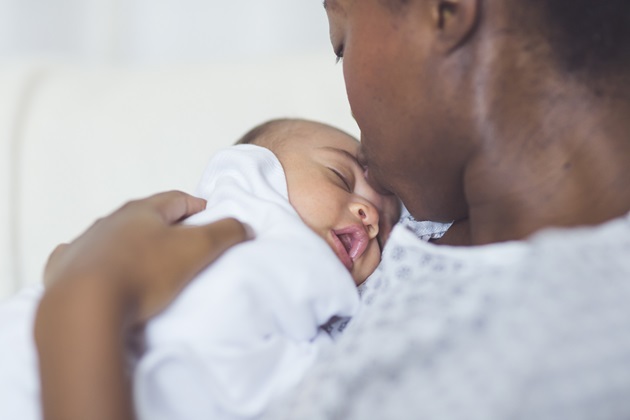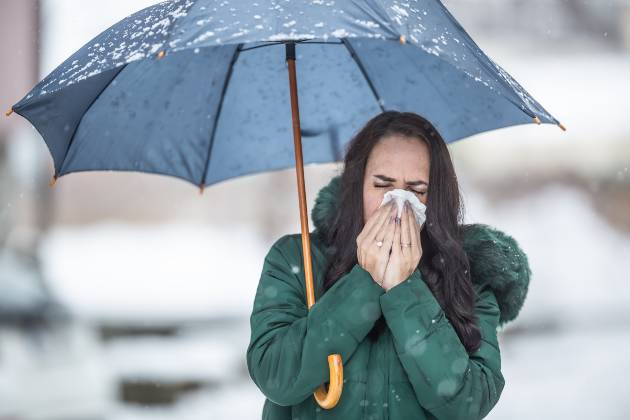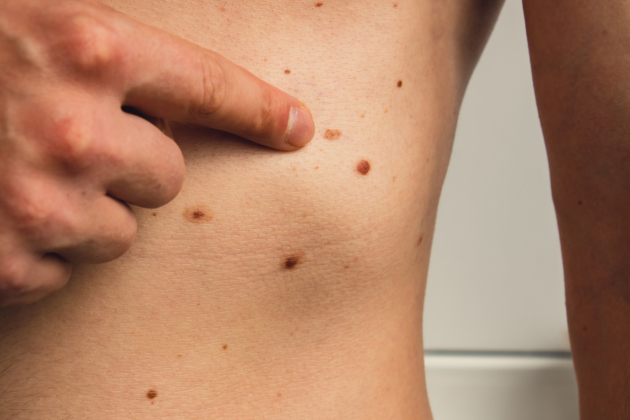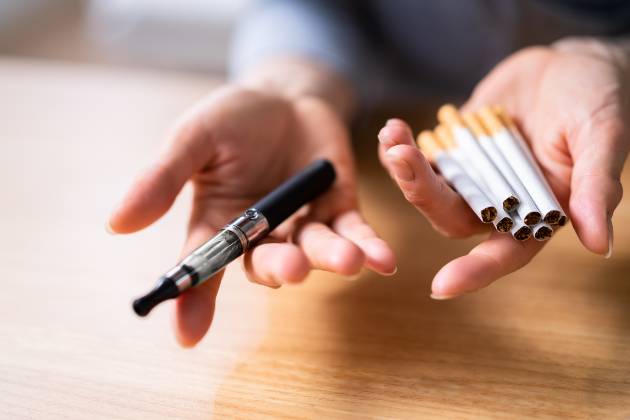How one award-winning nurse is fighting for better health outcomes for mothers and babies in black, Asian and minority ethnic (BAME) communities
“A few years back, I was working as a senior midwifery manager,” remembers Sarah Chitongo, now a midwifery educator and researcher.
“There was a wonderful patient who baked cakes and was very good to us hospital staff. I still think of the day when I had to walk into a room and break the news to her husband that she’d died in childbirth. His scream and wail has stayed with me.
“I made a commitment then to stop the health inequalities I was seeing in maternal care.”
You just wouldn't think this would be happening in the UK
According to statistics*, the number of mothers from black, Asian and minority ethnic groups (BAME) likely to die from complications surrounding pregnancy and childbirth is disproportionately higher than white women. Black women are five times more likely to die in childbirth, and Asian women twice as likely compared to white women. Babies from BAME mothers are also more likely to be stillborn.
“The statistics are shocking,” says Sarah. “You just wouldn’t think this would be happening in the UK, but these statistics go back as far as 2003. It’s a silent tragedy.”
Spurred on by these statistics and her own experience, in 2018 Sarah secured funding from the Mary Seacole Awards to highlight the inequality in maternal health care and do something to change it. As part of her year-long research, she investigated midwives’ experiences of caring for women from BAME groups on delivery suite high dependency units within London hospitals.
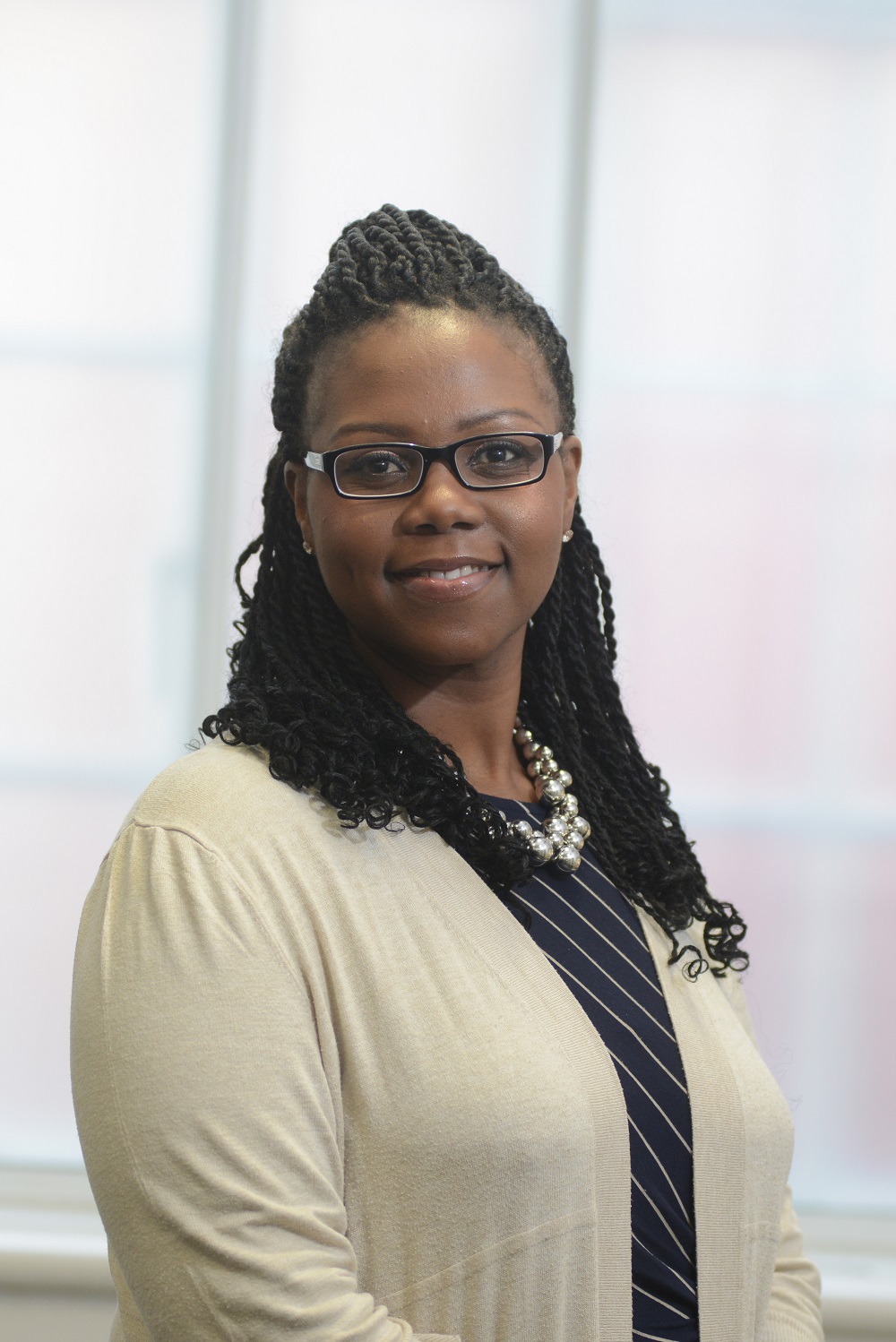
Sarah cites many factors for reasons why this inequality exists including a lack of continuity of care, racial stereotyping and difficulty accessing services.
“Cuts in government funding have exacerbated the issue, as maternity units have moved to hospital locations that are not always convenient for women to travel to,” says Sarah.
“Many BAME women aren’t able to access health care services and may have problems such as diabetes and high blood pressure that need monitoring during pregnancy. Organising a hospital trip can be hard for women in these groups who have young children and fewer family and friends living nearby to help.”
Investment is urgently needed to improve continuity of care
In her report, Sarah makes a series of recommendations to the government including introducing local community hubs for easier access to maternity services and cultural safety training. "Investment is urgently needed to improve continuity of care,” says Sarah. “It’s also essential that cultural safety and unconscious bias training is provided for all staff along with the development of community hubs.”
Cultural safety training is a model used in New Zealand and Australia that focusses on individualised care. It’s about recognising how our actions impact on others health care through understanding our own culture, upbringing and sense of belonging. Currently, it’s not provided to nursing staff in the UK, but it’s something Sarah recommends. “Although many midwives and nursing staff understand diversity and cultural sensitivities, there’s a concern that people are put into "groups" without being treated individually and this has been shown to affect health outcomes for BAME women.”
I hope my findings will inform training for future midwives and nursing staff
Sarah also highlights more funding is needed to improve continuity of care and translation services for BAME women. “Through my conversations with women, the main thing is that someone listens and doesn’t just dismiss their concerns. Individualised continuity of care, making sure someone is seen by the same practitioners throughout pregnancy, is really important.”
Sarah’s recommendations have been put forward to the Chair of the Women's Health Select Committee to bring about a change in health policy to improve the health outcomes for BAME women and babies. She has also recently agreed to take part in a round-table discussion at 10 Downing Street with the Prime Minister. “My hope is the recommendations from my report will bring about positive change to improve the experiences of both women and staff,” says Sarah. “I also hope it will inform training and development of future midwives and nursing staff as stated in the NHS Long Term Plan, which promises to improve care for BAME women and babies,” she adds.
Sarah’s key messages for nursing staff when caring for BAME pregnant women and mothers
- Take time to listen. Sometimes we assume certain things about a person or jump to the wrong conclusions. For example, if a black woman is assertive, she might be dismissed as "an angry black woman". Often, if we just take the time to listen and to view every person we come across as an individual, we might be able to understand the impact we can have.
- Be aware of unconscious bias. Often without realising it, we all exist with unconscious bias due to our own upbringing and circumstances. Being aware not just of others, but of our own culture, is useful in making sure we provide individualised care. If we put people in boxes or brackets, we’re never going to understand the person sitting in front of us.
- Continuity of care. As stated in the NHS Long Term Plan, continuity of care is important for BAME mothers. We should avoid fragmented care and should have the same practitioners with women throughout pregnancy to ensure any changes or concerns are picked up. We need to create a safe space so that women feel supported by the same people.
Mary Seacole Awards
Sarah’s research was funded by the Mary Seacole Awards. Mary was a Jamaican Scottish nurse and businesswoman and is a celebrated Victorian heroine due to her bravery nursing soldiers in the Crimean War (1853–1856). The Mary Seacole Awards were created in her honour.
As a nurse, midwife or health visitor, you can apply for an award of up to £12,500 to fund a project that aims to improve the health outcomes of people from BAME communities.


